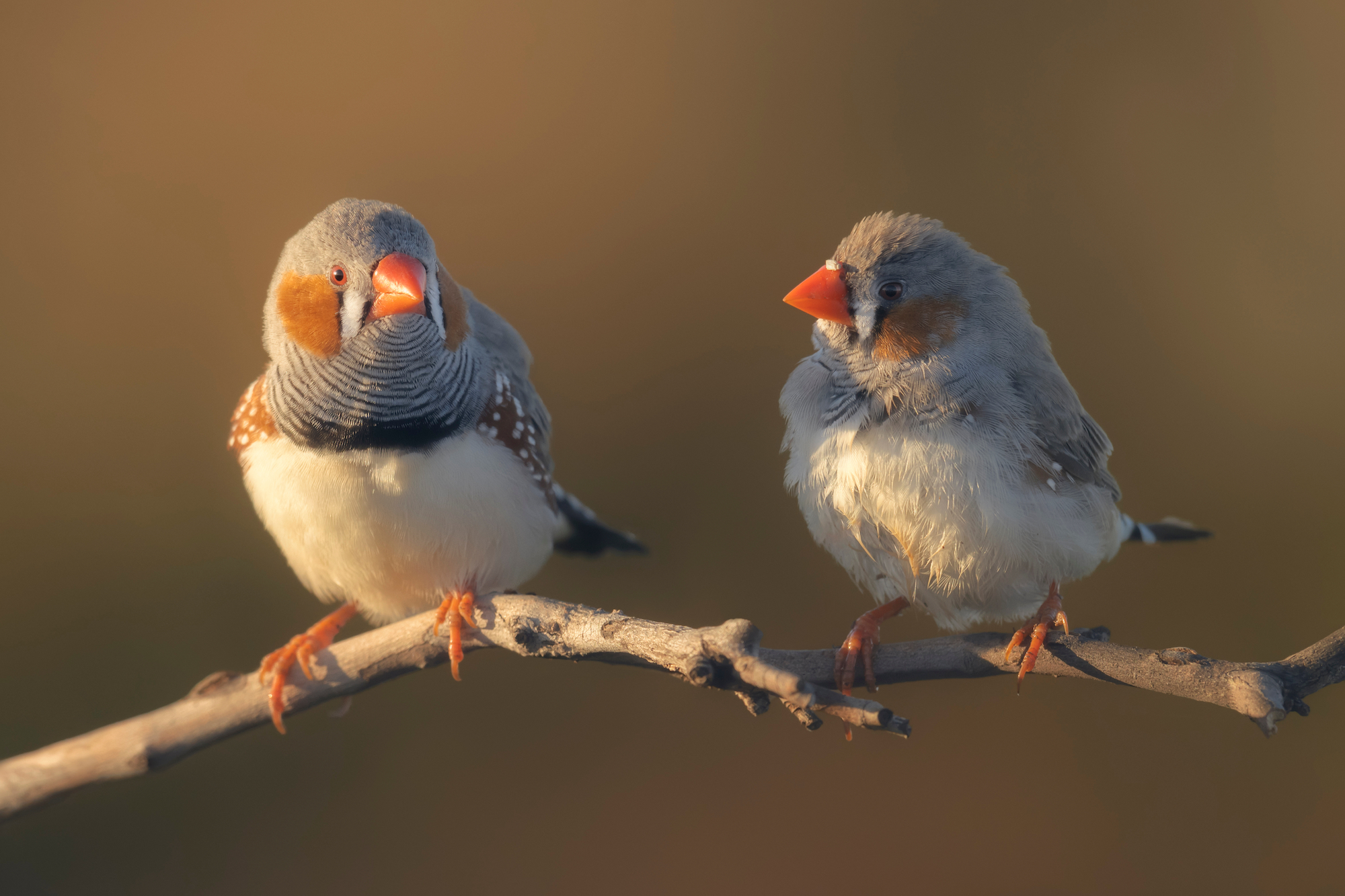Finches are members of the family Fringillidae. They are defined as small passerines with cone-shaped bills. In fact, it is the bill shape that usually identifies them to us in the field. The bill has adapted for digging out seeds and nuts. They do not migrate and are usually colorful and seen in groups.
But did you know that the Evening Grosbeak is a finch, but the Yellow Grosbeak is not? Or that Hawaii has over 35 species that are members of the Fringillidae family?
Finches in the USA
We will be gathering data from the American Bird Association (ABA) and eBird to sift through these species. According to the ABA, there are 67 Fringillidae birds seen throughout the United States. We can break those down as follows:
- Native to continental America – 17
- Vagrants, exotics, and escapees – 11
- Native to Hawaii – 39
In this post, we will be listing all the finches found in continental America and trying to figure out why some finch-like birds are classed as finches and some are not. The Hawaiian finches deserve a post of their own!
Grosbeak Finches
As you can imagine, early ornithologists named this bird because of the size of the bill. Hence Grosbeak. However, later studies showed it had similarities to finches and some species were moved into that family. Other Grosbeak species are still in the cardinal family. This kind of confusion is common in ornithology and remains unresolved.
Evening Grosbeak
Pine Grosbeak
Hoary/Arctic Redpoll




Crossbill Finches
The Loxia genus comprises of several species across the globe, and they have a distinctive bill which is cross over. They use this to dig out seeds from pine cones.
Red/Common Crossbill
Cassia Crossbill




White-winged/Two-barred Crossbill




Siskin Finches
The word siskin comes from an old German dialect but it is not really known how it relates to this genus of finch.
Pine Siskin




Goldfinches
Goldfinches in American and Europe are very different looking birds. They are also in different genera and as so, are unrelated.
Lesser Goldfinch




Lawrence’s Goldfinch




American Goldfinch




Final Thoughts
And there we have it. 17 continental U.S. goldfinch across 7 genera with lots of similar-looking or sounding species in other families. But that is birding! Nevertheless, these birds all live up to their reputations of being colorful. They are simply gorgeous. For me, I have never seen rosy-finch, and they are now on my bucket list!
Source link

